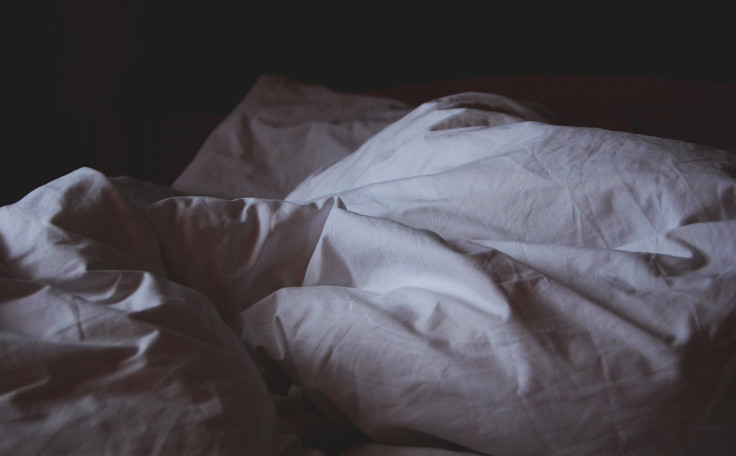Dangers Of Sleep Disorders: Insomnia And Oversleeping Increase Risk Of Stroke

A review of 29 studies by a medical journal from the American Academy of Neurology claims there is growing evidence that sleep disorders increase an individual’s risk of stroke. Published in the online issue of Neurology, the authors of the review suggest screening stroke victims for sleep disorders.
"Although sleep disorders are common after a stroke, very few stroke patients are tested for them," said study author Dirk M. Hermann, a professor of neurology at University Hospital Essen in Germany, in a statement. "The results of our review show that should change, as people with sleep disorders may be more likely to have another stroke or other negative outcomes than people without sleep problems, such as having to go to a nursing home after leaving the hospital."
Sleep disorders are divided into two groups: sleep breathing problems (e.g. sleep apnea) and sleep-wake disorders (e.g. insomnia, restless leg syndrome, hypersomnia). The former disrupts breathing while someone sleeps while the latter impacts sleep time. Sleep breathing problems have been linked with depression, high blood pressure, type 2 diabetes and heart disease while sleep-wake disorders have also been associated with the aforementioned conditions.
In the review, the team used data from dozens of studies that connected sleep disorders with stroke and conducted a meta-analysis. The analysis found sleep breathing problems may increase stroke risk and harm recovery. A similar, albeit smaller, correlation was found with sleep-wake disorders.
"Sleep disturbances are more prevalent in stroke patients, even more than in the general population," Hermann said. He added: "After a stroke, sleep has restorative functions for your brain. Sleep is important for the ability of the neurons [brain cells] to connect, and after a stroke, these neurons have to reconnect to compensate for the lost function. This explains why disturbed sleep affects recovery from stroke.”
Specifically, Herman says insomnia and hypersomnia (oversleeping) are risk factors in different ways.
"Insomnia promotes sympathetic nervous system activity, thus increasing the development of vascular risk factors, such as arterial hypertension, cardiac dysfunction, vascular inflammation, atherosclerosis and thombosis," said Herman in an email to International Business Times. "Subjects suffering from oversleeping are a heterogenous group comprising many subjects with superficial sleep (.i.e., insomniacs), who compensate sleep deficits by long sleep duration."
The researchers note that the study does not prove cause and effect so a definitive claim that treating sleep problems can reduce the risk of stroke cannot be made. But the findings do suggest people should be cognizant about their sleep patterns.
The researchers advise consumers to be wary when mixing sleep-wake disorders with drugs, which become an addicting substance in frequent users. They also recommend individuals with sleep apnea use a continuous positive airway pressure machine—also known as a CPAP machine—to reduce the risk of stroke.
© Copyright IBTimes 2024. All rights reserved.






















